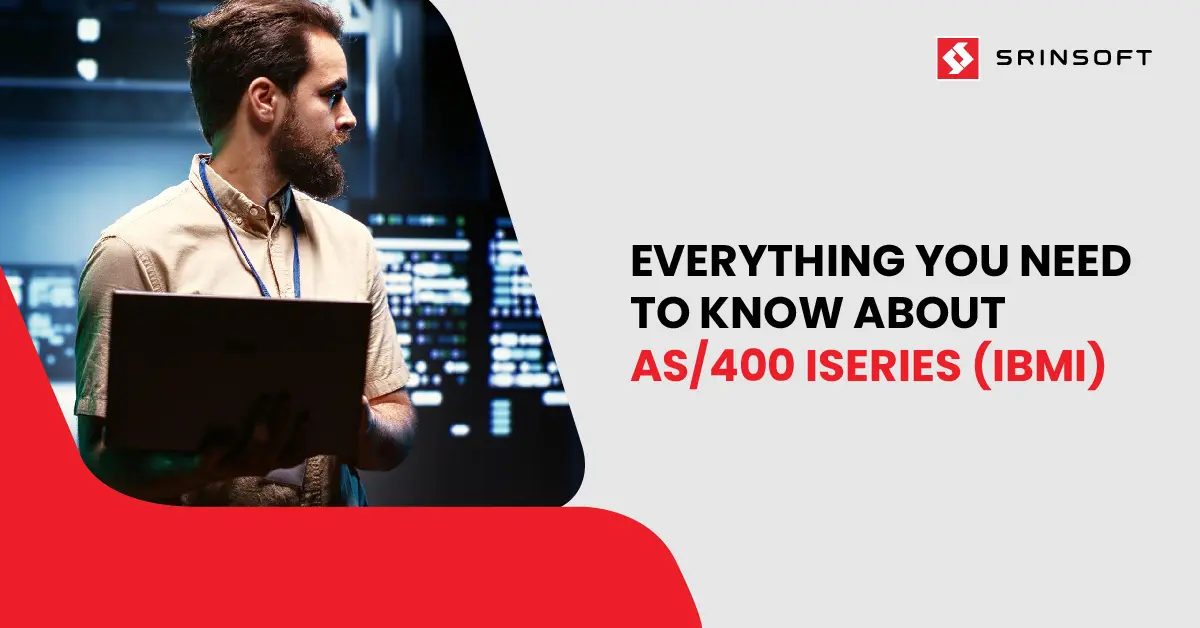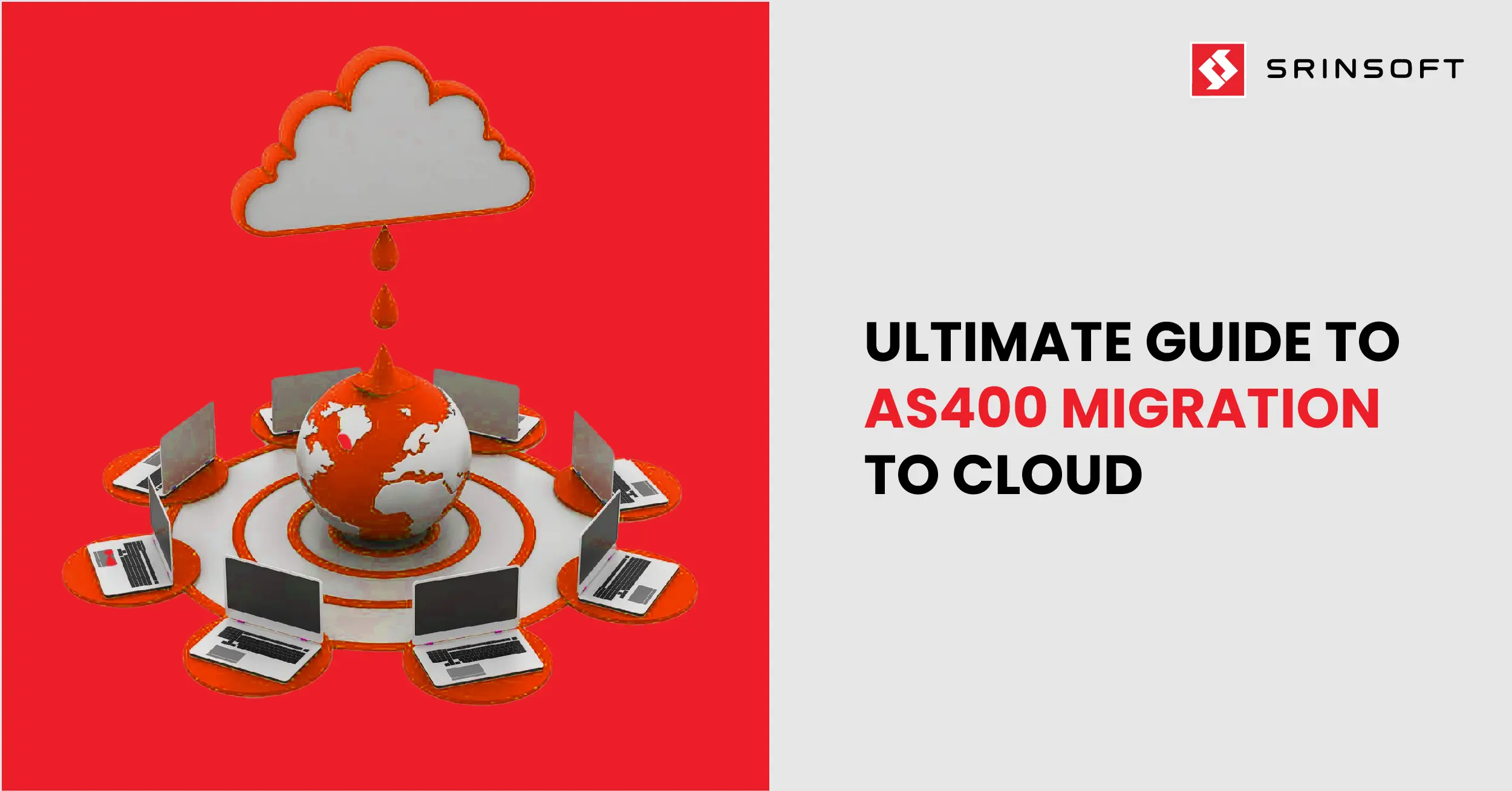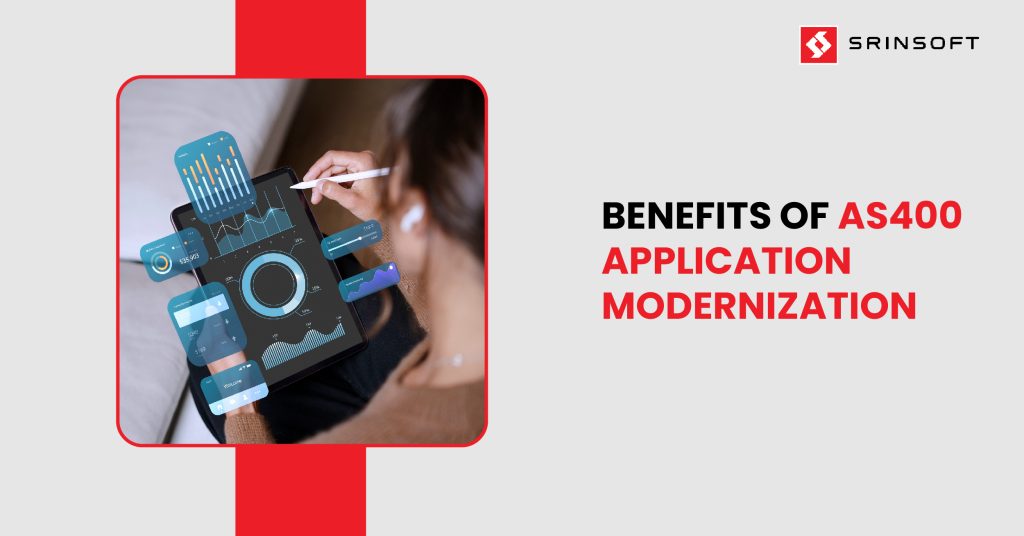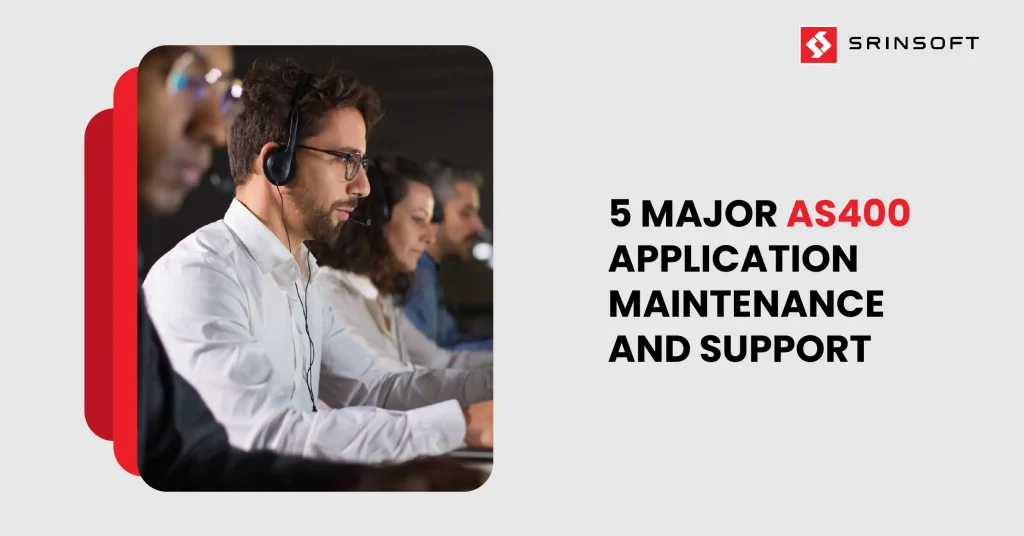
Do you see the picture? It’s called relative velocity; the contrast between outside speed and inside calm, in a single frame!
On the left, the world outside blurs past in a rush; fast, dynamic, and constantly changing. On the right, passengers sit calmly inside the vehicle.
For today’s enterprises, IBM i is like that vehicle; rock-solid, moving forward, and steady in its momentum. While the market outside races ahead with cloud apps, mobile-first platforms, and real-time analytics, IBM i quietly keeps pace by integrating modern capabilities inside without disrupting its unmatched core stability.
RPG
At the core of IBM i platform’s legacy lies Report Program Generator (RPG), a language many veteran AS400 RPG developers have relied on for decades.
But as the IT world keeps spinning faster, businesses now demand sleek interfaces, cloud-friendliness, and mobile charm. This shift has opened the doors for the modern programming languages on the block—Python, PHP, and .NET— emerging as complementary technologies alongside RPG. Rather than replacement, this represents strategic integration.
In this blog, let’s step inside and explore how these leading languages are redefining what’s possible on IBM i.
The legacy of AS/400 and RPG Programming
Did you know? IBM originally developed RPG back in 1959 to print business reports like sales summaries, payroll records, and financial statements (on green-bar paper, no less!) in clean, readable formats.
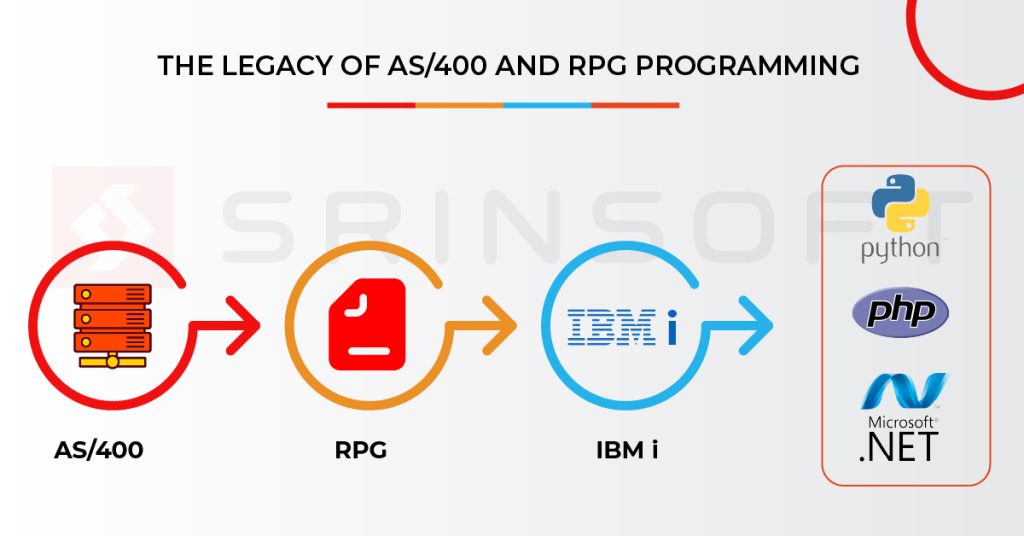
Since the launch of the AS/400 platform in 1988, RPG has become the primary language used on it. The two have been tightly linked ever since, supporting enterprises that need a stable and integrated computing platform
Over the years, AS400 RPG programmers have maintained and expanded these systems, creating robust applications that still handle millions of transactions daily:
- Stable and fast for back-end business logic
- Excellent integration with IBM i databases (DB2)
- Great batch processing and core business rules
- Running natively and efficiently on IBM i
So if RPG has evolved to do all this, why do we need Python, PHP and .NET?
Great question — and one that many IBM i teams are asking!
Yes, RPG is powerful, but it wasn’t built for everything. Modern languages like Python, PHP, and .NET bring tools and flexibility that RPG alone can’t offer, especially when it comes to modern apps, cloud, web, and UI design for mobile compatibility.
WHY MODERN LANGUAGES MATTER ON IBM i
If IBM i had a voice, it would likely ask for some modern tools too.
Organizations running on IBM i often face a familiar dilemma: how to keep their rock-solid systems humming while the business world demands cloud apps, mobile access, and lightning-fast updates.
But here’s what RPG doesn’t do well without workarounds:
Need Challenge with RPG
- Modern web apps (like dashboards, portals) No native support for HTML/CSS/JS
- Mobile apps Not designed for mobile development
- REST APIs & microservices Can do it, but not as easily or flexibly
- AI, data science, automation No built-in libraries or community support
- UI/UX design RPG is a back-end language, not for front-end work
- Modern developer tools (IDEs, frameworks) Limited support compared to popular languages
Here’s how modern languages like Python, PHP, and .NET shine:
- Faster development with rapid rollouts
- Web and mobile integration
- Bigger talent pool, as getting an experienced AS400 RPG developer is getting harder
- Cost-efficient modernization, as companies can modernize without ripping out the engine
RPG still runs the show behind the scenes, but with a little help from its modern friends, IBM i can look—and act—like it belongs in 2025, not 1988.
a) Python Development Services on IBM i
Python is famous for being simple, readable, and able to do just about everything. It might not be the first language you associate with IBM i, but it’s quickly becoming the surprise favorite in modernization projects
Use Cases for Python on IBM i
Data Analysis and Reporting: A global agriculture company plans to monitor crop yields using real-time IoT sensors connected to IBM i. They could use Python with Pandas (data analysis) and NumPy (numerical computing) libraries to analyze this sensor data (stored in DB2) to:
- Detect anomalies in crop performance
- Predict yield shortfalls before harvest
- Recommend fertilizer usage based on weather trends.
Automation and Scripting: A utility company managing power distribution is planning to use smart meters that generate massive volumes of data every hour. Python scripts could automate:
- Fetching and processing usage logs from DB2
- Triggering load balancing scripts via CL commands
- Generating automatic billing notices.
This would replace nightly RPG batch jobs with real-time, Python-driven automations, making the system more responsive to real-world grid changes
Web APIs: An airport authority wants to create a self-service platform for airlines to request runway slots and check fuel station availability. Today, all scheduling logic is buried in IBM i RPG programs.
Instead, they could build a REST API using FastAPI on IBM i that exposes this logic securely. Airlines would integrate this into their flight planning systems, interacting with legacy logic in modern ways.
Python frameworks like Flask or FastAPI can expose RPG logic as modern RESTful services.
Integration with IBM i: Python + DB2 via ODBC: A healthcare provider is preparing to adopt AI-assisted diagnostics. They store patient records and lab results in DB2 on IBM i. Using Python with ibm_db, they could:
- Connect directly to DB2,
- Feed the data into AI models (e.g., for X-ray image tagging or predicting disease risk), and
- Return AI-generated insights back into the IBM i workflow for doctors.
Python enables them to add cutting-edge AI to a trusted backend, without migrating away from IBM i.
b) PHP Development Services on IBM i
While Python is stealing the spotlight in analytics and automation, PHP shines when it comes to user-friendly web interfaces.
PHP has long been used to develop dynamic websites, but on IBM i, it plays a special role: modernizing green screens.
Web Interfaces for IBM i Applications: A transport company wants to replace their green-screen dispatch system. Instead, they could use PHP and XMLSERVICE to build a responsive web app where drivers log in, view assigned routes, and update delivery status, all while the RPG logic remains untouched.
Using PHP, developers can create user-friendly web portals that communicate with RPG programs via XMLSERVICE or web APIs. This drastically improves the user experience for legacy applications, turning outdated interfaces into responsive, browser-based apps.
Zend Server and Other Runtimes: A utility billing provider plans to roll out a customer portal. With Zend Server on IBM i, they could securely manage user sessions, queue background billing jobs, and access DB2 in real time, all using PHP.
Zend Server provides a commercial-grade runtime for PHP on IBM i, with built-in support for DB2, session handling, and job queueing. It’s the engine behind many modernization efforts led by PHP development services.
Real-World Applications: A hospital network wants patients to schedule appointments online. Instead of migrating data, they could use PHP to create a self-service portal that talks to existing RPG programs, modernizing access while keeping core logic intact.
From self-service portals in healthcare to inventory dashboards in manufacturing, PHP is helping companies modernize interfaces without touching core RPG code.
c) .NET Development Services and IBM i Integration
While PHP transforms green screens into sleek web interfaces, .NET takes modernization a step further, integrating IBM i with enterprise-grade systems and cloud-ready front ends.
While .NET doesn’t run natively on IBM i, it integrates well through APIs, web services, and middleware, especially in organizations that already have Windows-based systems.
Enterprise Use Cases
- Front-End Portals: A financial firm wants to modernize its client portal. They could use a sleek .NET web app as the front end, while IBM i continues to handle secure transaction processing in the backend.
- Data Synchronization: A retail chain plans to unify inventory data. They could use .NET middleware to sync product data between SQL Server (used by POS) and DB2 (on IBM i), enabling real-time stock visibility across stores.
- Web Services: A government agency wants to exchange data with external vendors. They could use .NET services to expose IBM i data via REST or consume external APIs — ensuring secure and smooth integration.
Tools and Middleware
Bridging .NET and IBM i isn’t always straightforward, their ecosystems were built with different assumptions, tools, and languages in mind. That’s why companies often rely on experienced .NET developers, not just for coding, but to ensure smooth integration between Microsoft’s cloud ecosystem and IBM i systems.
MODERNIZATION STRATEGIES FOR AS/400 SYSTEMS
It’s not a question of RPG or modern languages; it’s about creating hybrid architectures that bring out the best of both worlds.
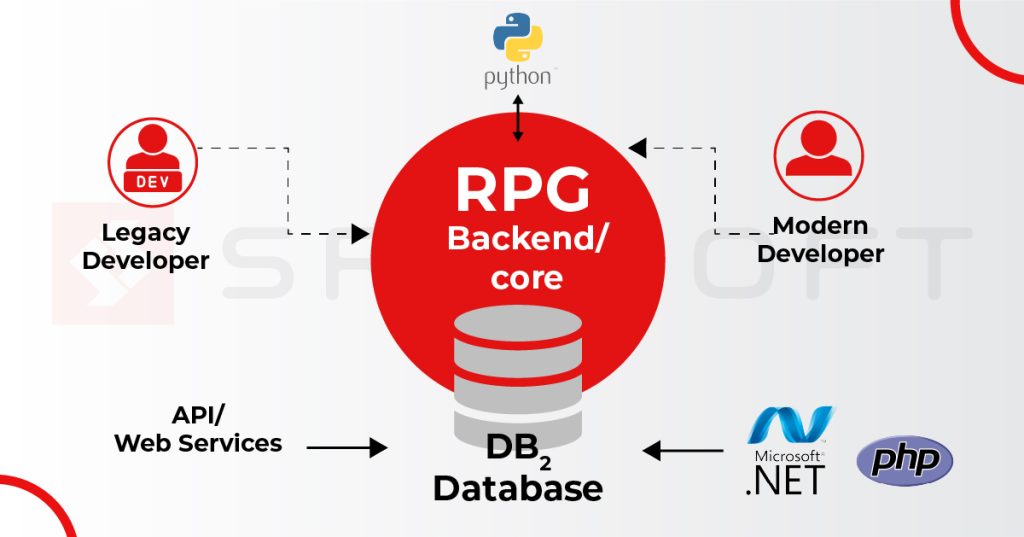
- Combining RPG with Modern Languages
- Wrap legacy RPG logic in web services.
- Use Python or PHP to build modern frontends and APIs.
- Rely on .NET for cross-platform integration and UI-rich applications.
Microservices and Containerization
More organizations are containerizing services built with Python, PHP, or .NET and connecting them to IBM i via REST APIs. This allows agile teams to iterate faster without modifying legacy code.
The Role of RPG Developers
RPG developers are still critically important. When companies try to modernize without them, it’s like rewiring a spaceship without asking the person who built the engine. For the smartest projects, they pair RPG experts with modern language teams, and that is exactly the way to go.
CHOOSING THE RIGHT DEVELOPMENT SERVICES
Whether you’re leaning toward Python, PHP, or .NET, success isn’t just about the tech or language; your IBM i transformation depends heavily on the development partner you choose.
What to Look for:
- IBM i Experience: Choose services that understand the unique quirks and strengths of the platform.
- Integration Know-How: Look for proven capabilities in DB2, web services, CL, and system APIs.
- Support Models: Ensure the vendor offers long-term support, training, and documentation.
CONCLUSION
IBM i Isn’t Going Anywhere (And That’s a Good Thing)
IBM i’s proven reliability and uptime record have made it the backbone of mission-critical business operations across industries
But in today’s blink-and-it’s-obsolete tech world, reliability alone isn’t enough. That’s where modern languages like Python, PHP, and .NET come in, handing RPG developers some shiny new tools without asking them to throw out the trusted ones.
The best part? You don’t need to start from scratch. With the right approach and trusted partners, you can enhance your existing systems and meet today’s business demands head-on.
Modern look, RPG soul. – Contemporary interfaces powered by proven business logic.
Industry Insight: Companies modernizing with these languages report faster deployment cycles and improved customer experience
Ready to modernize your IBM i environment? Who better than SrinSoft? Explore SrinSoft’s professional development services to see how Python, PHP, and .NET can power your next phase of digital transformation.
SrinSoft – Your All-In-One Destination for IBM i Services:
- Modernization
- Development
- Integration
- Managed Services
- Support
- Google Cloud Services
- 250+ clients
- 98% client satisfaction rate
With 20+ years of experience in IBM i modernization, serving clients across industries, SrinSoft has helped global enterprises bridge legacy and innovation seamlessly.
Got questions? We have got answers. Let’s connect!


